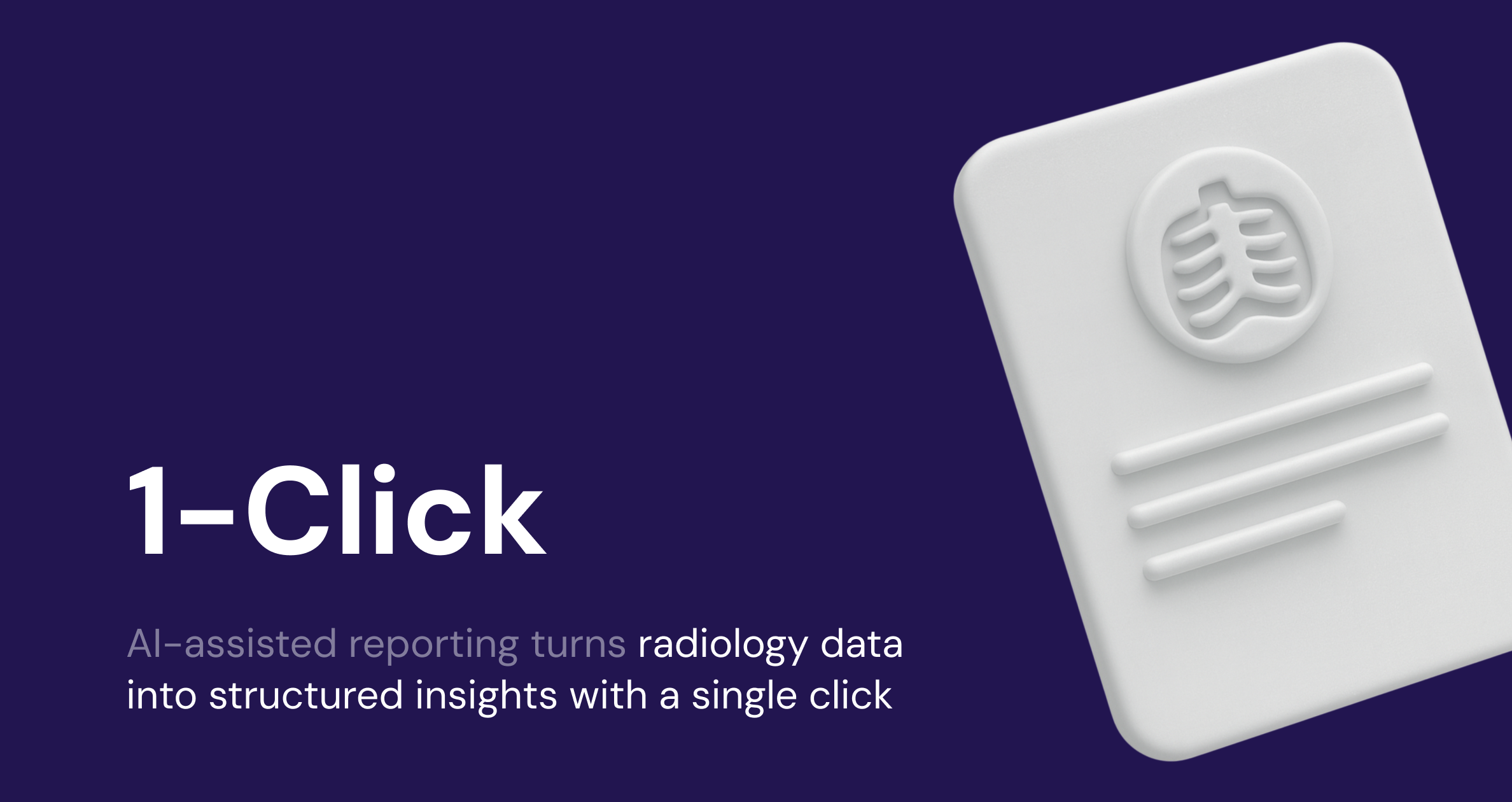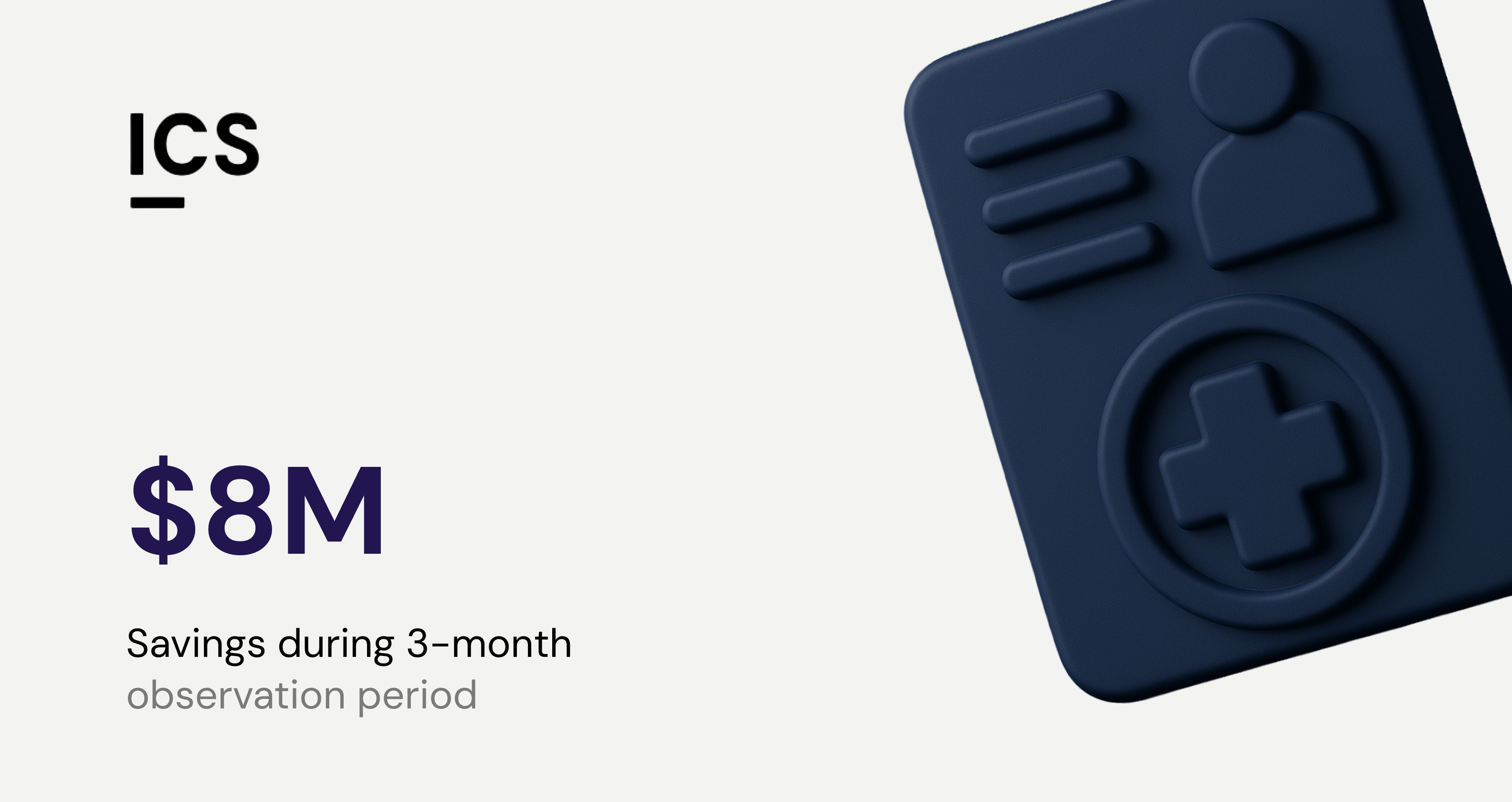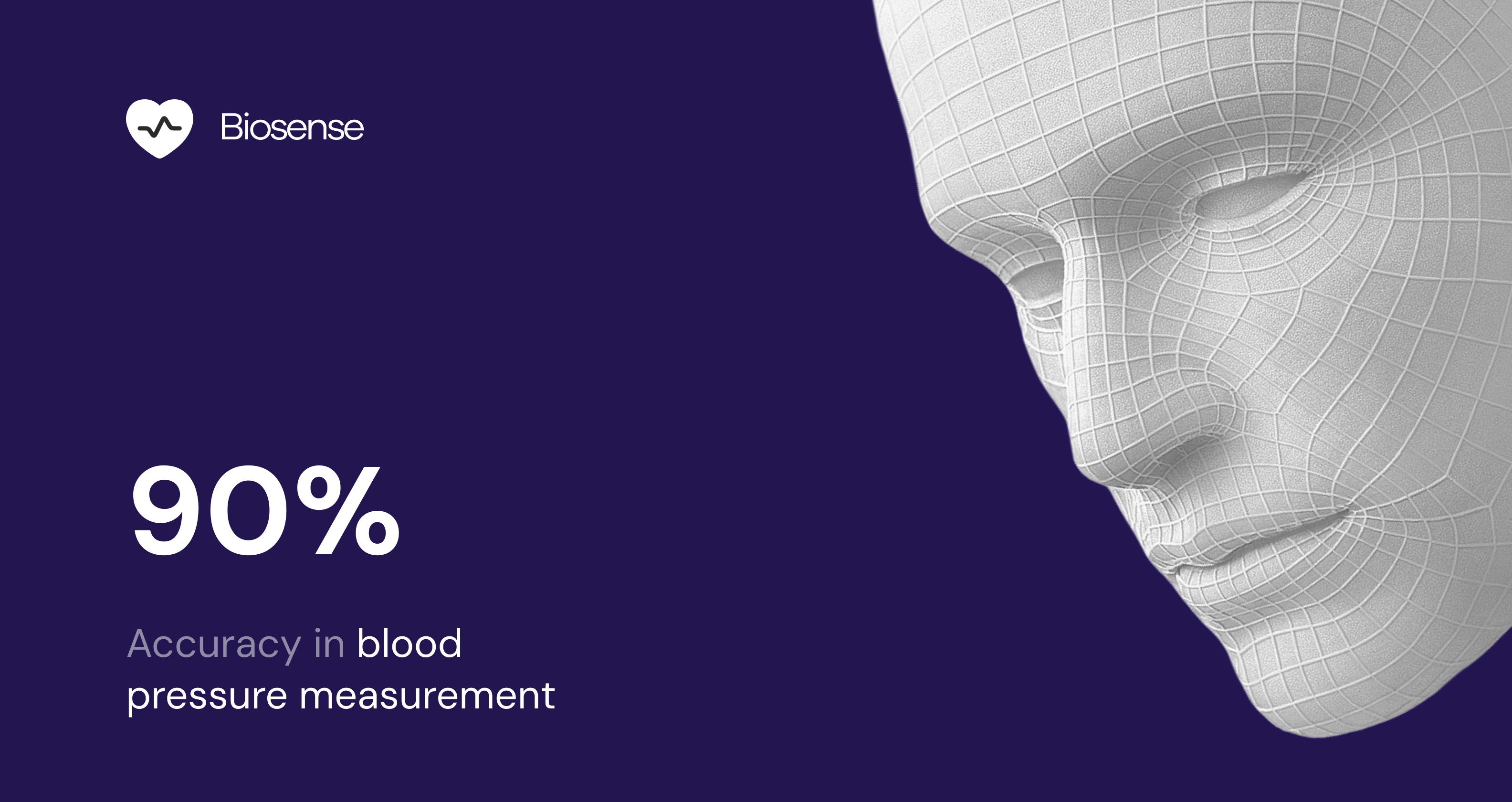This collaborative cross-sectional meta-analysis investigates the relationship between body mass index (BMI) and leukocyte telomere length (TL) across various age groups, sexes, and ethnicities. The analysis combined data from 87 studies involving 146,114 individuals. The results suggest that a higher BMI is associated with shorter telomeres, with the strongest association observed in younger adults (ages 18-60). Specifically, each unit increase in BMI corresponded to a reduction in telomere length, both in terms of base pairs and relative telomere to single-copy gene ratio (T/S ratio). The analysis found that these associations were most prominent in the white population, with no significant differences observed between sexes. The findings support the hypothesis that obesity may contribute to accelerated aging through telomere shortening, particularly in younger individuals.
Takeaways:
- The study found a significant negative association between BMI and telomere length across the lifespan, with each unit increase in BMI corresponding to a reduction in telomere length by 3.99 base pairs (95% CI: -5.17, -2.81) in the total pooled sample.
- In young adults (18-60 years), the association between BMI and telomere length was stronger, with each unit increase in BMI corresponding to a 7.67 base pair reduction (95% CI: -10.03, -5.31).
- The association between BMI and telomere shortening was also significant in terms of relative telomere length, as measured by the T/S ratio. For the total sample, a 1-unit increase in BMI was associated with a decrease of 0.16% in the T/S ratio (95% CI: -0.21%, -0.11%).
- The association was particularly evident in the white population, suggesting potential ethnic differences in the impact of BMI on telomere length.
- The analysis found no significant sex differences in the relationship between BMI and telomere length, indicating that both men and women are similarly affected by obesity in terms of telomere attrition.
- The findings suggest that higher BMI, particularly in younger adults, may accelerate the aging process by shortening telomeres, a key marker of cellular aging.
- The study calls for further meta-analyses of longitudinal studies to explore the impact of changes in body weight on telomere length over time.
- The results emphasize the importance of maintaining a healthy weight to potentially mitigate the risk of accelerated cellular aging, particularly in younger individuals.
- The observed negative correlation between BMI and telomere length underscores the potential long-term effects of obesity on health and aging, particularly in the context of oxidative stress and chronic inflammation.








